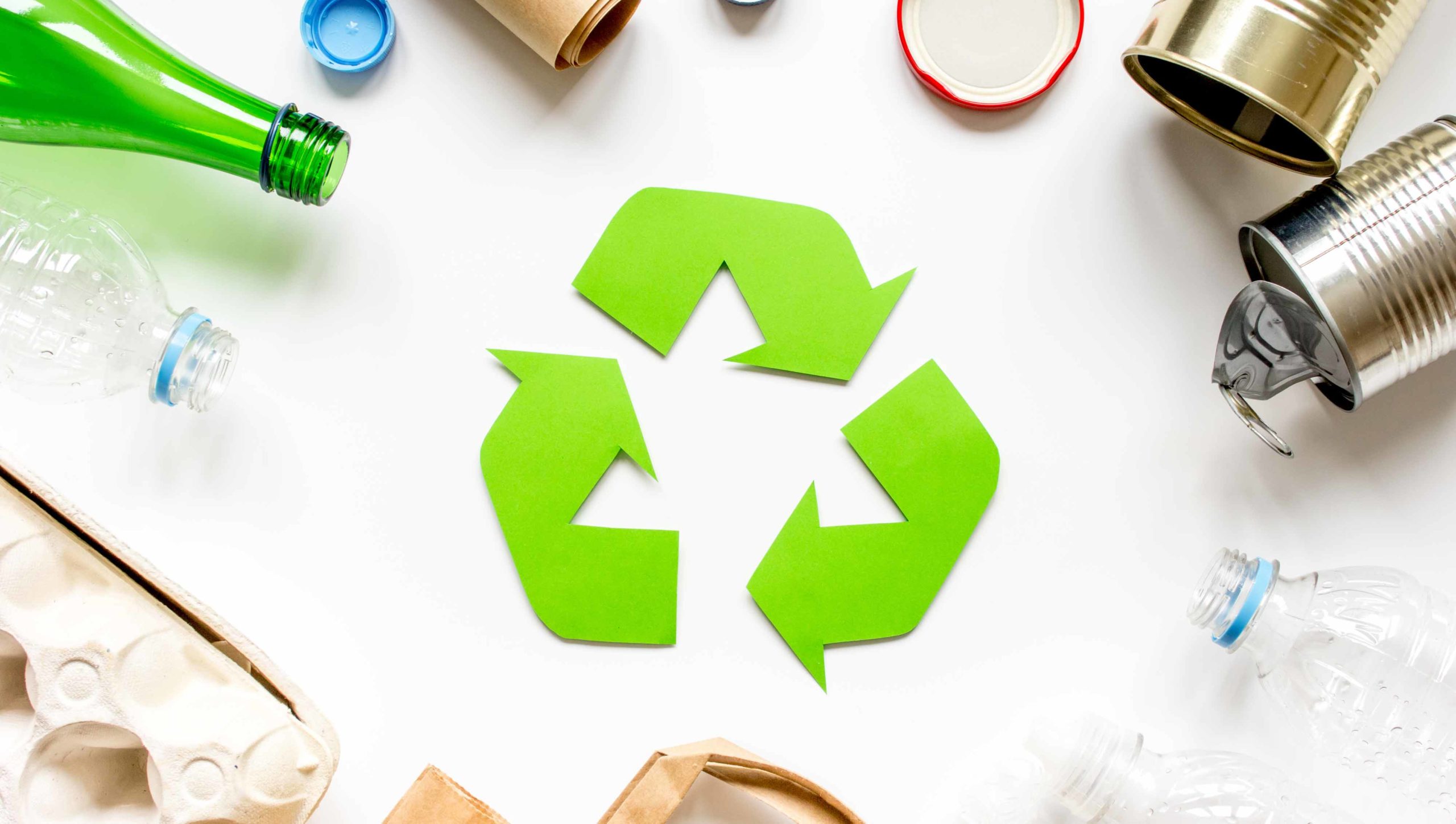In an era where environmental concerns and rising energy costs dominate discussions, adopting effective Energy Saving Tips has become paramount. Implementing these strategies not only contributes to reducing your carbon footprint but also significantly lowers your utility bills. Herein, we explore ten ingenious techniques to enhance energy efficiency in your home or office.
1. Invest in Energy-Efficient Appliances
One of the most impactful steps you can take is to invest in appliances that are designed with energy efficiency in mind. Look for the ENERGY STAR label, which indicates that the appliance meets stringent energy-saving standards. Although the initial cost may be higher, these appliances consume less electricity over time, yielding considerable savings.
2. Optimize Heating and Cooling Systems
Heating and cooling systems account for a substantial portion of energy consumption. Regular maintenance, such as cleaning or replacing filters, can ensure these systems operate at peak efficiency. Additionally, consider upgrading to a programmable thermostat that adjusts temperatures based on your daily schedule. This simple change can result in significant energy conservation.
3. Seal Air Leaks
Air leaks can drastically undermine your efforts to save energy. Inspect windows, doors, and even electrical outlets for drafts. Utilizing weather stripping and caulking can effectively seal these leaks, preventing conditioned air from escaping and reducing the workload on your HVAC system.
4. Embrace Natural Light
Harnessing the sun’s natural light not only brightens your living spaces but also diminishes reliance on artificial lighting. During daylight hours, open curtains and blinds to allow sunlight to flood your home. Consider installing skylights or larger windows to maximize daylight exposure, thus further curtailing energy usage.
5. Use Energy-Efficient Lighting
Transitioning to energy-efficient lighting options, such as LED or CFL bulbs, can lead to remarkable energy savings. These bulbs consume significantly less electricity than traditional incandescent bulbs and last much longer. Although the upfront cost may be higher, the long-term savings on your energy bill are well worth the investment.
6. Implement Smart Power Strips
Many devices continue to consume energy even when turned off, a phenomenon known as “phantom load.” Smart power strips can detect when devices are not in use and cut power automatically. By utilizing these strips, you can effortlessly reduce unnecessary energy consumption and lower your overall electricity usage.
7. Adjust Water Heater Settings
Water heaters can be a significant energy drain, particularly if set at excessively high temperatures. Lowering the thermostat on your water heater to 120 degrees Fahrenheit can lead to energy savings without sacrificing comfort. Additionally, insulating your water heater and pipes can help retain heat, further enhancing efficiency.
8. Reduce Standby Power
Standby power refers to the energy consumed by electronic devices while they are turned off but still plugged in. To mitigate this, unplug devices when not in use or invest in smart plugs that can be programmed to cut power during specific hours. This proactive measure helps eliminate wasted energy and contributes to your energy-saving initiatives.
9. Practice Energy-Conscious Cooking
The kitchen is a hotbed for energy consumption, particularly when using conventional ovens. To optimize energy use while cooking, consider utilizing slow cookers, microwaves, or pressure cookers, which typically consume less energy than traditional ovens. Additionally, using lids while boiling water can expedite the cooking process and further conserve energy.
10. Educate and Involve Your Family
An effective energy-saving strategy necessitates the involvement of all household members. Educate your family about the importance of energy conservation and encourage them to adopt Energy Saving Tips in their daily routines. Small actions, such as turning off lights when leaving a room or unplugging devices, can collectively make a significant difference in your energy consumption.
In conclusion, embracing these Energy Saving Tips will not only enhance your home’s efficiency but also contribute to a more sustainable future. By implementing even a few of these strategies, you can make a profound impact on your energy consumption, ultimately benefiting both your finances and the environment. As energy costs continue to rise, it becomes increasingly important to adopt measures that promote efficiency and conservation. Start your journey towards a more energy-efficient lifestyle today.

